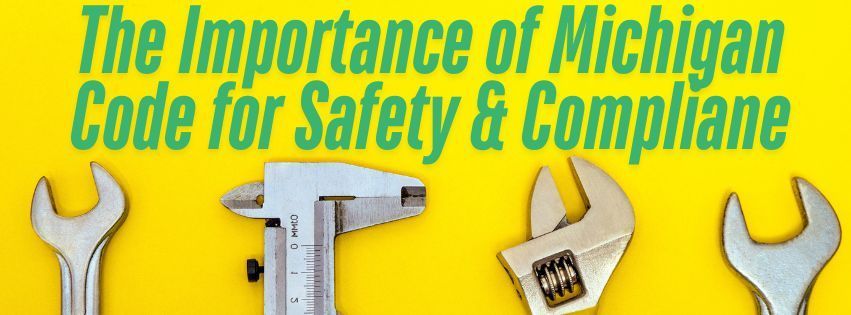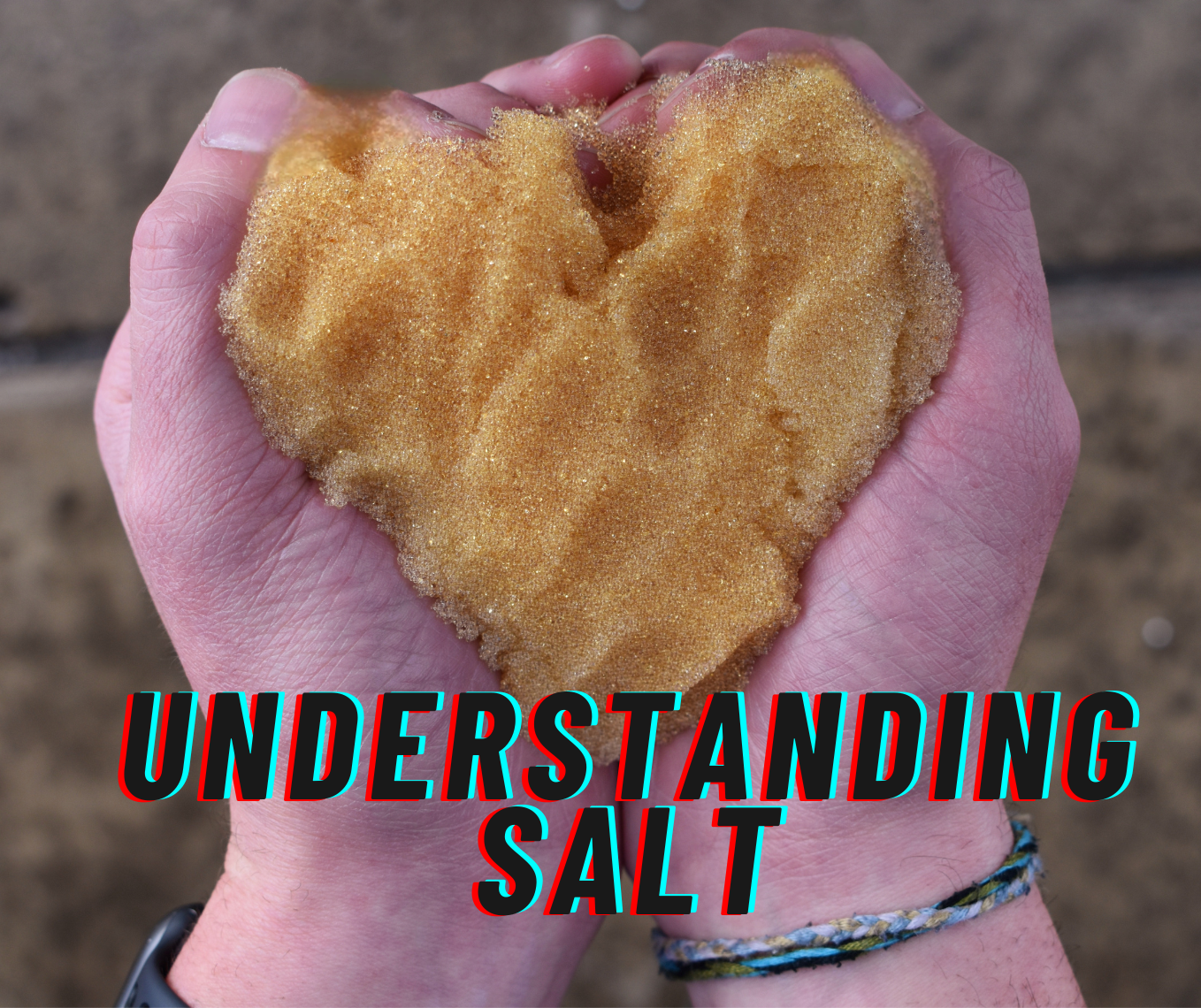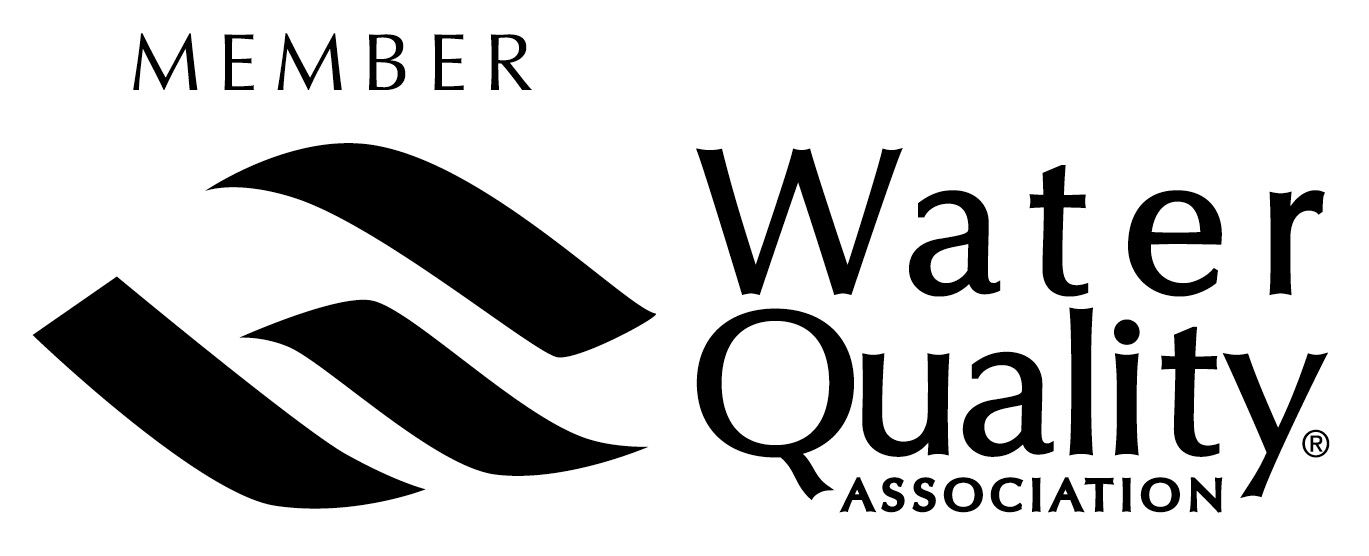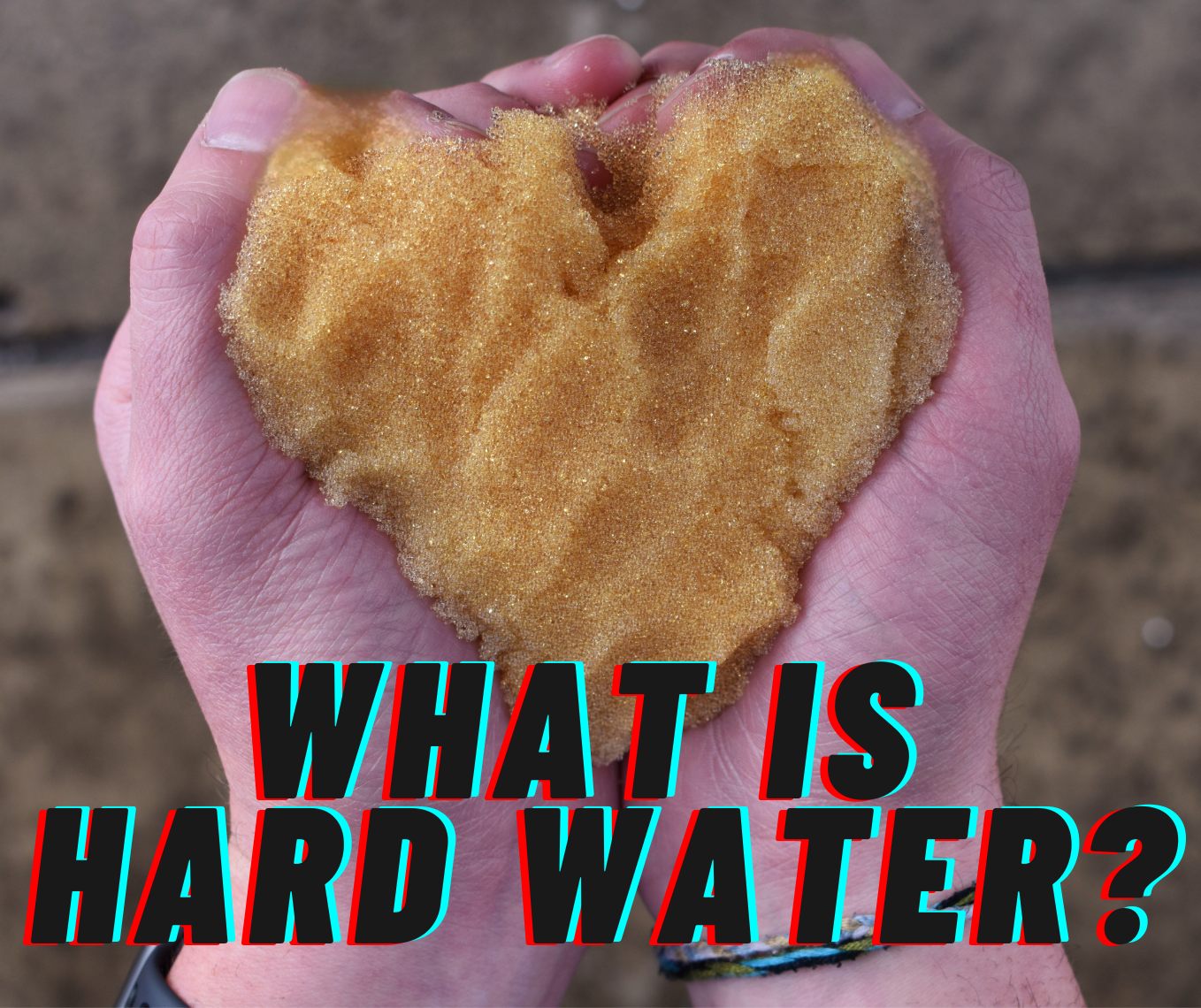Blog Layout

Introduction
Ensuring your home's plumbing is safe and compliant with Michigan code is essential - not just for optimal water treatment, but also for your health. While the most obvious reason for proper plumbing is to prevent contamination from human waste, other factors, such as correctly sized fixtures, also play a crucial role in functionality and efficiency. Even small mistake in plumbing can add up, making it vital that all components fit and work together seamlessly.
Water is essential to our well-being, which is why hiring the right professional to safeguard its quality is critical. A licensed and certified plumber with the proper qualifications ensures that your home remains, safe, compliant, and efficient.
Understanding Michigan Plumbing Code
The Michigan Plumbing Code (MCP) is extensive, making it crucial to hire a professional who understand and follows it. Code enforcers hold plumbers accountable for adhering to these regulations, which cover key areas such as:
- Water Quality
- Pipe Materials
- Drainage
- Blackflow Prevention
Plumbing code regulations apply to any part of the home that expels waste or uses water. Updates occur approximately every three years to align with evolving standards, especially as fixtures and appliances become more energy-efficient.
Safety Benefits of Plumbing Code Compliance
Preventing Water Contamination
One of a plumber's most critical responsibilities is ensuring safe drinking water. Municipalities frequently change their water sanitization practices, and in older homes or manufactured homes, the chemicals used for water treatment can react unfavorable with certain plumbing materials.
A plumber with limited qualifications may not fully understand how different materials interact. Some metals, for example, should be avoided due to their potential to corrode, react with water, or leach harmful substances in the supply:
- Aluminum can weaken over time, especially when exposed to hot water, leading to corrosion and contamination.
- Older brass fittings may contain up to 8% lead, which is unsafe for drinking water. Modern led- free brass is recommended alternative.
Ensuring Proper Wastewater Disposal
Proper venting is essential to prevent hazardous sewage backups. Toilets must be vented correctly to avoid back siphonage, which can lead to:
- Raw sewage backups in sinks, tubs, and basements, introducing harmful bacteria, viruses, and parasites.
- Health risks such as gastrointestinal infections, skin rashes, and respiratory issues
- Blockages in kitchen sinks if improperly sized or vented, leading to waste buildup and back ups
Legal and Financial Implications of Non-compliance
Fines and Liability Risks
Hiring an unlicensed or uninsured plumber can lead to legal and financial repercussions. If an unqualified contractor causes property damage, you may have no legal recourse since they are not recognized by the state
Impact on Home Resale Value and Insurance Claims
Improperly installed plumbing such as water heater that does not meet code, can decrease your home's resale value. Additionally, an incorrectly installed unit may pose serious risks, such as:
- Carbon monoxide poisoning if improperly vented
- Leaks or water damage from installations outside the manufacturer's specifications
If an insurance adjuster discovers non-compliant installations during a claim, coverage may be denied, leaving homeowners with the costly repairs.
How Douglas Water Conditioning Ensures Compliance
At Douglas Water Conditioning, we are committed to adhering to Michigan plumbing codes by employing certified master plumbers. Our team stays updated on the latest regulations by attending annual code update classes and participating in additional training sessions. We take a proactive approach to plumbing, identifying potential issues before they become costly problems.
Conclusion
Hiring a knowledgeable professional who understands Michigan's plumbing code is vital for you health, safety and home's value. At Douglas Water Conditioning, we fully support the states safety, efficiency, and legal standards, demonstrating our dedication through ongoing training and compliance. We encourage all homeowners and businesses to work with certified professionals to their water treatment and plumbing needs.
By choosing a qualified plumber, you not only ensure safety, but also make a sound financial investment. Contact Douglas Water Conditioning for expert plumbing and water treatment solutions today!

By 7016420049
•
March 3, 2025
Get to Know: Scott Shepherd - Owner Have you ever wondered who keeps Douglas Water Conditioning running day to day? Well, allow me to introduce you to one of those guys - Scott Shepherd, one of the four owners of Douglas Water Conditioning. Scott's journey with Douglas Water Conditioning began in November 1989, when he was just 16 years old. His father, a fireman, encouraged him to stop by and visit Doug Lanni, a fellow fire fighter who owned a small, but growing water treatment business. Scott started in the shop, but was quickly moved to lead the salt delivery department - all on his own. Back then, there were no GPS device and maps often didn't reflect the rapidly expanding neighborhoods. Scott's experience as a hunter helped him navigate unmarked roads and unlabeled houses, using landmarks and cardinal directions to get the job done.

February 6, 2025
Understanding the Type of Salt for Water Softeners Have you ever wondered why you need to put salt in your brine tank? Does salt actually make the water soft? Does the brand or type of salt you use matter? In this blog post, we'll explore the role of salt in water softeners , review different types of salt, and discuss how to choose the best option for your system. The Role of Salt in Water Softeners Contrary to popular belief, salt isn't what directly softens your water. The magic happens through a process called ion exchange , where resin beads inside your softener remove hard water causing minerals like calcium and magnesium. Over time, these minerals accumulate on the resin beads, requiring 'cleaning' to maintain efficiency and performance. This is where salt plays a vital role. When dissolved in water, salt creates a brine solution that 'cleans' the resin beads by flushing away the accumulated minerals, allowing them to continue softening your water. Choosing the right salt not only improves the performance, but also extends the life of your water softener. Different Type of Water Softener Salt Solar Salt How it's made: Solar salt is produced by evaporating seawater or brine, typically collected through solution mining, and then harvested from outdoor pools Pros: Purity of about 99.5% making it suitable for water softeners Cost - effective and widely available Cons: The outdoor harvesting process may introduce insoluble materials like rocks, which can accumulate in the brine tank, causing performance issues and requiring more frequent cleaning Evaporate Salt How it's made: Like solar salt, evaporated salt starts with solution mining. However, the evaporation process occurs in a controlled, indoor environment where heat and steam remove excess water. This results in a high purity level of about 99.9% Pros: High purity reduces brine tank buildup Ideal for high - efficiency water softeners Brands like Dura-Cube are pressed for extra hardness, minimizing issues like mushing and bridging Cons: Slightly more expensive than solar salt Potassium Chloride What it is: An alternative to sodium-based salts, potassium chloride replaces hard water minerals with potassium during the regeneration cycle. Pros: Suitable for those on low-sodium diets or in areas where sodium discharge is restricted Cons: Lower purity (around 99.1%) More expensive than traditional salts Harvesting methods can lead to similar issues as solar salt, such as brine tank buildup. Maintenance Tips for Salt in Water Softeners Monitor Salt Levels: Only refill your water softener when the salt level in the brine tank is six inches or less from the bottom. Overfilling can lead to salt bridging and inefficiencies. Regular Checks: Check your brine tank periodically to ensure it has enough salt to maintain soft water. The frequency of checks depends on factors such as water hardness, household size, and water usage. Avoid Salt Bridges: Excessive bridging (a hard crust that forms above the water level) can interfere with the softener's regeneration process. If you notice a salt bridge, pour hot water into the brine tank to dissolve it and scoop out any remaining salt or debris. Conclusion Choosing the right type of salt is essential for your health of your water softener and your family. High-purity options like Dura-Cube not only reduce buildup, but also extend the lifespan of your system, making maintenance easier and less frequent. At Douglas Water Conditioning, we are proud to provide the highest quality Dura-Cube salt at all our locations. To make managing your salt needs effortless, we offer a worry-free delivery service. With scheduled deliveries, our team brings the salt directly to your home and places it exactly where you need it - whether that's in your softener or a convenient storage spot, saving you time and effort. By signing up for regular deliveries, you can ensure your brine tank is always stocked, keeping your softener running smoothly without the hassle of last minute store trips or heavy lifting. Let us help you keep your water softener in to shape while making your life easier. Contact any of our locations today to learn more about our salt options and delivery services!
WATERFORD LOCATION
,
This is a placeholder for the Yext Knolwedge Tags. This message will not appear on the live site, but only within the editor. The Yext Knowledge Tags are successfully installed and will be added to the website.
(248) 363-8383
This is a placeholder for the Yext Knolwedge Tags. This message will not appear on the live site, but only within the editor. The Yext Knowledge Tags are successfully installed and will be added to the website.
Hi. Do you need any help?
Privacy Policy
| Do Not Share My Information
| Conditions of Use
| Notice and Take Down Policy
| Website Accessibility Policy
© 2025
The content on this website is owned by us and our licensors. Do not copy any content (including images) without our consent.



Share On: